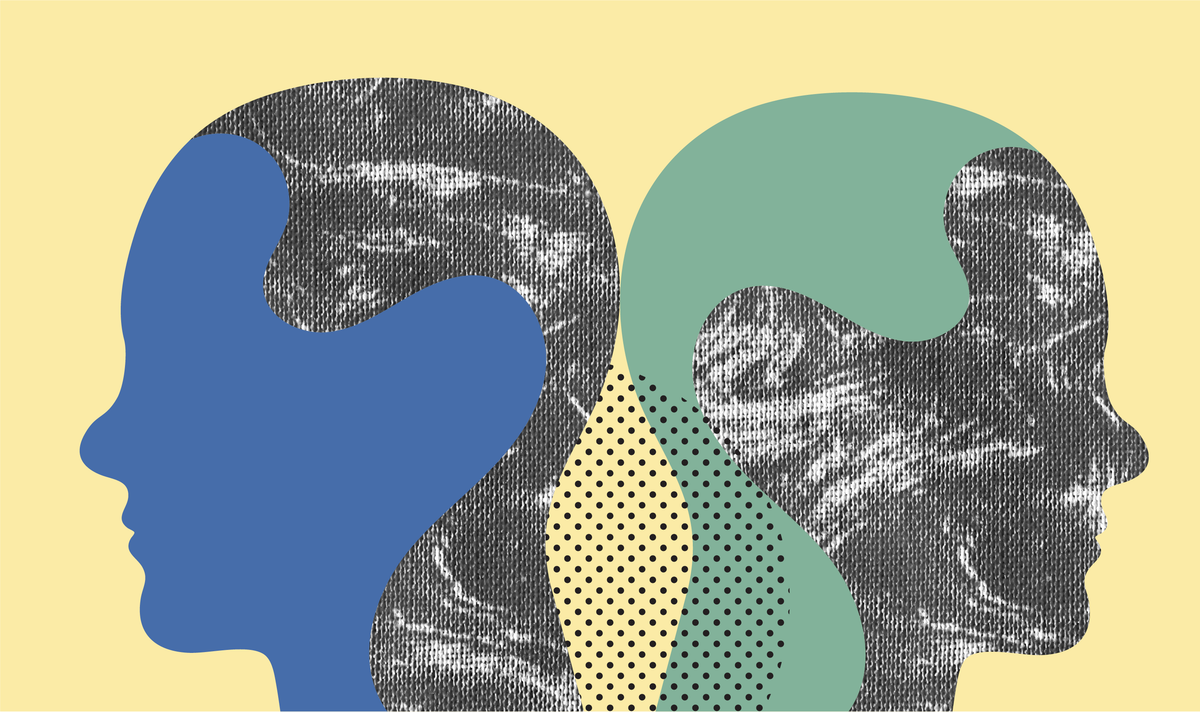Illinois law prohibiting AI therapy fuels discussion about mental health care costs
Meanwhile, a shooting at the CDC headquarters sparked conversation about COVID-19 and mental health.

Meanwhile, a shooting at the CDC headquarters sparked conversation about COVID-19 and mental health.
Last week, Illinois banned artificial intelligence from providing therapy. While some social media users applauded the new law, others argued that AI therapy should be available to people who can’t afford therapy from licensed mental health care providers. Social media users also discussed a shooting at the Centers for Disease Control and Prevention headquarters perpetrated by a man who believed a COVID-19 vaccine caused his depression. Some shared how the COVID-19 pandemic impacted their mental health, and others repeated false claims about COVID-19 vaccine safety.
Given these discussions, communicators may recirculate free and low-cost mental health resources and share information about COVID-19 and mental health.

Insights brought to you by the reporters and science writers of Public Good News (PGN), a nonprofit newsroom dedicated to improving community health.
What’s trending nationally in conversations about mental health
On August 4, Illinois became the first state to prohibit “anyone from using AI to provide mental health and therapeutic decision-making.” Articles about the new law noted that AI therapy poses privacy risks and may also exacerbate mental health crises. On social media posts across platforms, many commenters celebrated the decision, stating that AI cannot replace therapy from trained and licensed mental health care providers. Others argued that therapy is expensive and that AI should be able to provide a free service to low-income people with mental health conditions.
On August 8, an armed man opened fire at the CDC headquarters in Atlanta, killing a police officer and then dying by suicide. According to articles, the shooter believed that a COVID-19 vaccination caused his depression and suicidal thoughts. While some social media users responding to the news highlighted the benefits of COVID-19 vaccination, others alleged that the vaccines negatively impact mental health. However, negative mental health reactions to vaccination are extremely rare, and COVID-19 vaccination has been shown to improve mental health. Some commenters discussed how the stress of the COVID-19 pandemic had made them depressed and anxious.

Recommendations brought to you by the health communication experts behind Infodemiology.com.
Recommendations for public health professionals
Each week, the Infodemiology.com team will provide messaging recommendations in response to some of the trending narratives outlined above. These helpful tips can be used when creating content, updating web and FAQ pages, and developing strategy for messaging about mental health.
In light of concerns about the cost of mental health care, communicators may share free and low-cost mental health resources, including sliding-scale therapy, support groups, and the 988 Suicide & Crisis Lifeline. Messaging may also highlight the risks of using AI for mental health support.
Conversations about COVID-19 and mental health provide an opportunity to share tips for managing mental health during crises. Communicators may also want to share the warning signs and risk factors for emotional distress and suicide. Messaging may also encourage people to talk with their health care provider about the benefits of vaccination, including potential mental health benefits. Directing people to mental health resources like therapist directories, support groups, and helplines is recommended.
